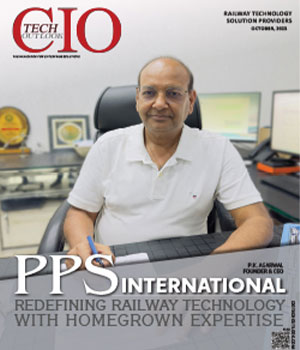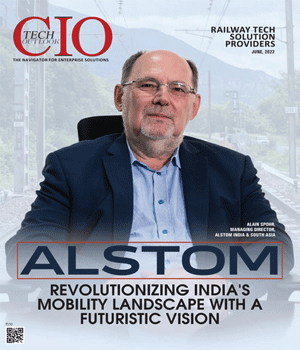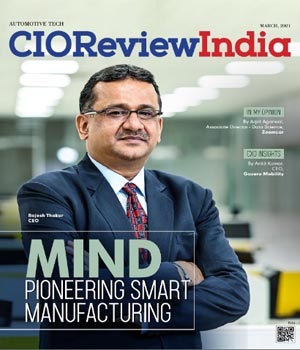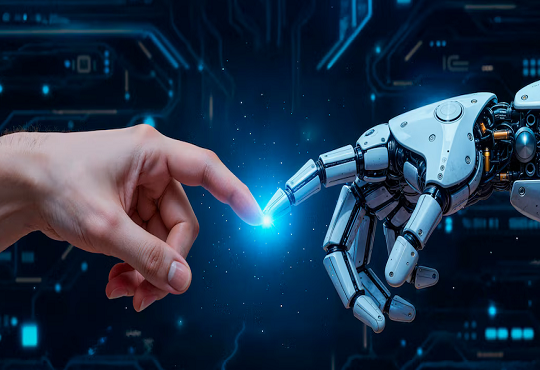
Industry 4.0 Enhancing the Vehicle Experience
Roland Folger, Managing Director & CEO, Mercedes-Benz India
 Automotive Industry 4.0
Automotive Industry 4.0
Direct Interaction between OEM and Customer will be the agenda in what IoT will be able to enable in automotive manufacturing. Industries 4.0 is a German government initiative under which all Automotive manufacturing industries are focusing on enhanced manufacturing models including the customer requirements and fulfilling the same in the production line.
Utilizing IT to Enable Automotive Industry 4.0
The need of Customer Service and customer engagements will be the top priority for Automobile Industry which will be enabled by IT. Cloud Computing, Cyber security and Big Data Analysis are few examples in this field.
Automotive ecosystem is changing rapidly and the customer expectations are growing as the customer age is reversing. Businesses are adopting a more customer-centric approach. IT will be the only enabler to fulfil all these requirements without which probably the Automobile Industry will be handicapped.
Adoption of Technology and Software Tools to Increase Operational Efficiencies
Being predictive is better than being reactive. The role of predictive analysis is to determine the future trend. A growth plan is essential in the competitive market. It is also important to secure your own data and make it available to customer on demand. Cyber security plays a vital role and cloud computing is the solution for on demand any time access of relevant data.
Digital Transformation of the Automotive Industry
Automobile Industry is always ahead to adapt to the Digital Transformation. New generation cars are the example of this which has been applauded by customers. The Internet of Cars and its pivotal role in the industry transition is very much in the card. Connected Car and Autonomous Car are trends that every car manufacturers are targeting now.
The Future of Electrified Vehicles
Electric is the future and there is no doubt about that. However, this transition has to be homogenous comprising a mix of different fuel types. There has to be a coexistence of Internal Combustion Engine, PIH and EVs. This transformation has to be strongly driven by a clear road map which clearly defines the transition plan of the government with proper timeline.
Government incentives both to OEMs and to end customers apart from creating adequate infrastructure for charging hundreds of thousands of car, that too at a short notice will continue to pose key challenge in the transition to EV. We need to approach this with a holistic plan that can be seamlessly executed. Similarly the current mix of energy source which is primarily dependent on fossil fuel, has to be modified drastically with renewable energy taking the fore, so that indirectly we don’t end up polluting more in order to create a EV an ecosystem. In this entire effort to drastically reduce environmental pollution, one thing is most viable and can bring fast result- switch to BS VI by 2020.
CIO Viewpoint
Why Foolproof Facial Recognition Is Key Against...
By Joseph Sudheer Thumma, Global CEO & MD, Magellanic Cloud
National Technology Day 2025: Powering Progress...
By CIOTech Outlook Team
Aligning IT Roadmap with Business Objectives: A...
By Subhash singh Punjabi, CISO & Head Enterprise Architecture, Deepak Fertilisers & Petrochemicals Corporation Ltd
CXO Insights
Tech Landscape of In-Cabin Experiences and...
By Sanjay Saha, India Country Manager, Synaptics
3 Focus Areas For An Autonomous Driving Revolution
By Varun Chhabra, Vice President, Product Marketing Cloud, Dell Technologies
The Electrified Car Industry Must Reimagine its...





.jpg)
.jpg)
.jpg)





